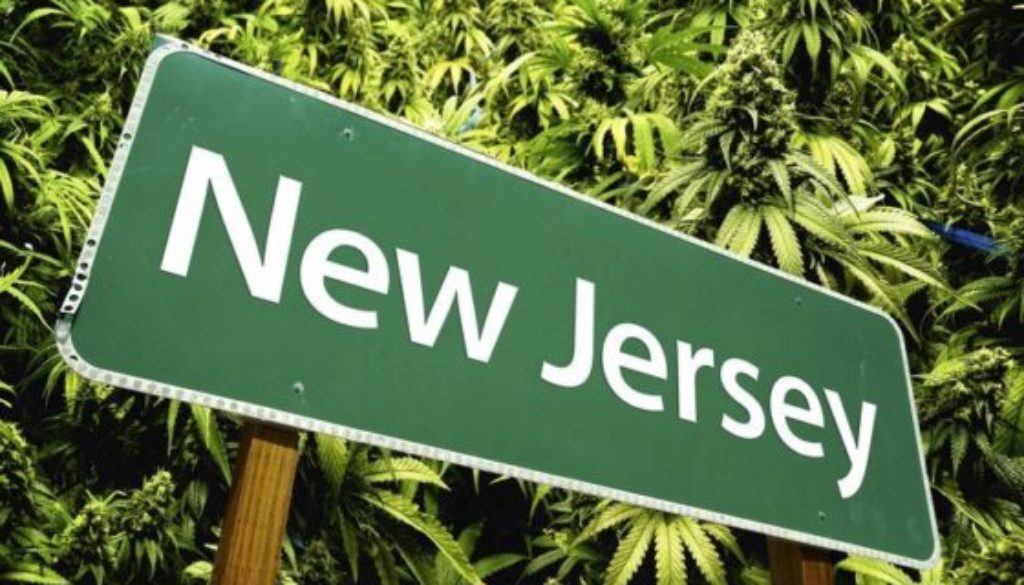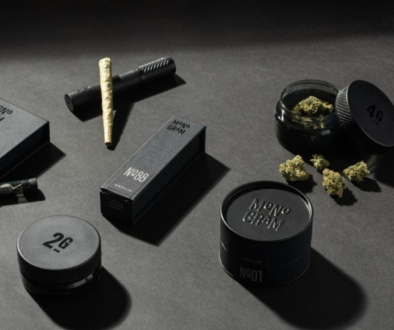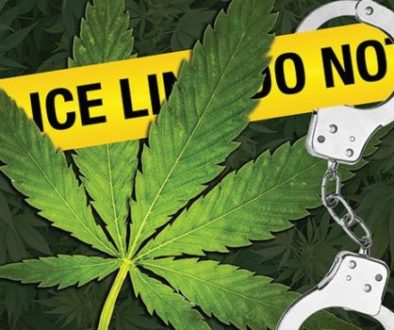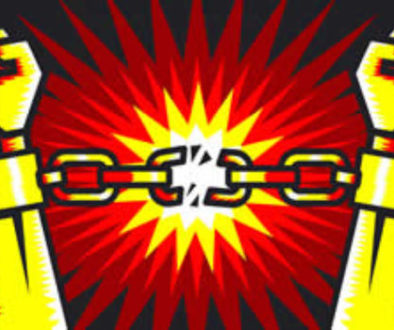NJ marijuana legalization: Phil Murphy wants ‘one more shot’ at legal weed in 2019
Rumors of the demise of New Jersey marijuana legalization may have been greatly exaggerated.
Gov. Phil Murphy and Senate President Stephen Sweeney in recent days have said they’d be open to trying to pass a law to legalize weed in the Garden State later this year, during the “lame duck” legislative session after Election Day.
“I think I’ve been consistent that I hoped we could have one more shot at this,” Murphy told reporters on Thursday. “Getting something to happen sooner, if we have a real shot at that, I’d be all in. … Count me all in to try and work toward that.”
Last week, Sweeney told NJ Advance Media that he’d “make one more run” at legalizing marijuana through the legislative process. The interview came nearly three months after Sweeney announced that legalizing marijuana for recreational purposes wouldn’t “be realized at this time.”
Instead, Sweeney said he’d likely put marijuana legalization a ballot issue during the 2020 election. Since then, Illinois legislators voted to legalize weed while the drug was decriminalized in New York.
But the activists who have pushed for marijuana legalization since even before Murphy took office have been slow to jump on board.
Instead, they’ve continued talking with legislators during the slow summer months in the hopes of a legitimate push to legalize weed through the Legislature, said Bill Caruso, an attorney and cofounder of New Jersey United for Marijuana Reform, a marijuana legalization activist group.
“I don’t think there’s been a big constituency behind (the ballot measure),” Caruso said. “But people are still behind the idea that they can get this done in the lame duck session — and if they can, we should try.”
Advocates like Caruso and some legislators have been pushing to legalize marijuana in New Jersey since Murphy took office. They came close in March, when the Senate was just a few votes short from putting a legal weed bill on the floor. The Assembly had enough votes to pass the measure.
While the Assembly had enough votes to pass the legal weed measure, there was never enough support in the Senate, as a number of Democrats — including a number of prominent black senators from urban districts — refused to support full marijuana legalization.
In the aftermath of Sweeney’s legal weed derailment, legislators instead passed a medical marijuana expansion bill — which legalized edibles and increased the monthly allotment for patients — and expungement reform bill, which would make marijuana crimes eligible for expungement and cut the waiting period to three years.
In the months since, there’s been an increasing hum that decriminalization could be seen as a stopgap if the votes still aren’t there to legalize weed, Caruso said.
In May, Assemblywoman Annette Quijano, D-Union, sponsored a bill that would essentially decriminalize the drug. Under that bill, possession of under two ounces of marijuana would be punishable by a $50 fine. It cleared the Assembly Appropriations Committee.
But the state’s most powerful legal weed advocates say that decriminalization doesn’t go far enough, since selling marijuana would still be a felony and the bill would do “nothing” to address the black market or keep pot away from kids, Caruso said.
Especially not with the potential revival of the marijuana legalization bill.
“People have gotten away from Trenton so they’re starting to digest things,” he said. Legislators are interacting with their communities and one of the things I think they’re starting to hear is, ‘legalization is inevitable. Why aren’t we doing this?'”



